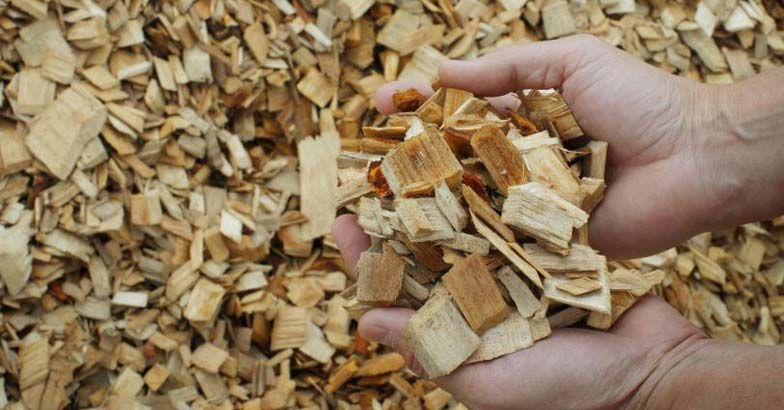In addition to combating pests, covering soil with wood mulch can actually help reduce greenhouse gas emissions.
Using mulch in agriculture can cut nitrous oxide emissions up to 28 per cent, the findings showed.
"In addition to saving water, improving soil, combating pests and stopping weeds, wood mulch actually reduces the release of a greenhouse gas 300 times more potent than carbon dioxide," said Craig Nichol from the University of British Columbia's Okanagan campus in Canada.
"Provided you are not driving great distances to obtain the mulch, it would appear that mulch could be a powerful tool in helping to reduce greenhouse gas emissions, particularly if used in these agricultural systems," Nichol said.
Nichol's research was part of a two-year study in which small emissions-recording chambers were placed on top of bare soil as well as soil covered by mulch.
In addition to reduced levels of nitrous oxide emissions, mulched areas also showed a 74 per cent reduction in soil nitrates. The nitrates are the source material for nitrous oxide emissions and can also leach into groundwater.
Nitrous oxide emitted from soil accounts for one half of agriculture emissions that contribute to global warming, according to Agriculture and Agri-Food Canada.
(With agency inputs)
























